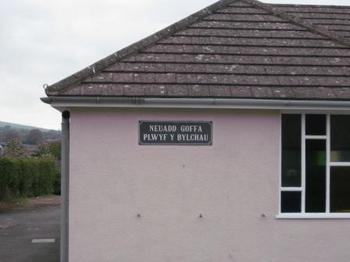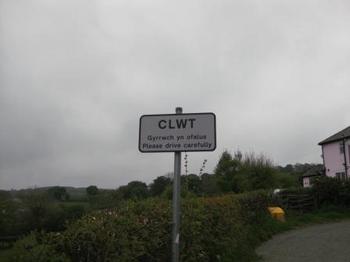Cyngor Cymuned Llansannan Community Council
Croeso i dudalen Cartref Cyngor Cymuned Llansannan
Welcome to the home page of Llansannan Community Council
Y Cyngor / The Council
Mae'r dudalen hon yn cynnwys gwybodaeth am Gyngor Cymuned Llansannan. Gallwch ddod o hyd i'r Cynghorwyr ac i fusnes y Cyngor, cyfrifon blynyddol, Datganiaddau o ddiddordebau personnol y Cynghorwyr a sut i gwyno yn erbyn y Cyngor.
This page contains information on Llansannan Community Council. You will be able to find the Councillors and Council business, annual accounts, Councilors' declarations of personal interest and how to complain against the Council.
Gwybodaeth lleol / Local information
Siop y Llan, Swyddfa Post, Y Feddygfa a mannau ailgylchu
Village Shop, Post Office and re-cycling centres

Newyddion / News
Yma cewch wybodaeth am fywyd yr ardal, o blant, ieuenctid, a'r henoed, a llawer mwy o faterion diddorol eraill
This provides information on the life of the area from children, young people, senior citizens and many other items of interest
Cysylltwch / Contact
Os oes gennych unrhyw sylwadau canmolaeth neu gwynion, gadewch i ni wybod amdanynt.
Should you have any comments, praise or complaints pass them on to us.
Linciau / Links
Fe ewch i wefanau eraill o ddiddordeb trwy hwn.
You will enter other sites of interest through via this.
Cyngor Cymuned Llansannan Community Council Statistics: 346 click throughs, 52145 views since start of 2026
 Henllan Bro Aled
Henllan Bro Aled
Contact Details
Owner/Manager: Emrys Williams
Cyngor Cymuned Llansannan Community Council
Groesffordd Henllan Conwy LL16 5DA Conwy


